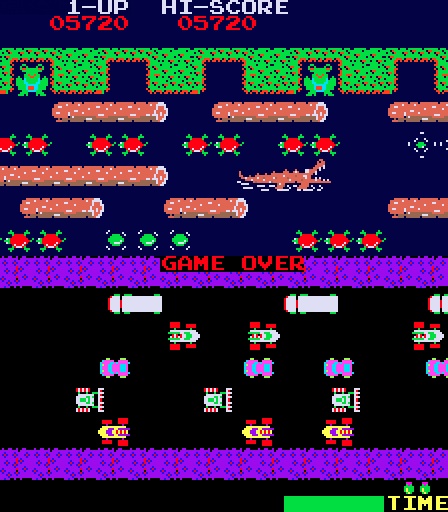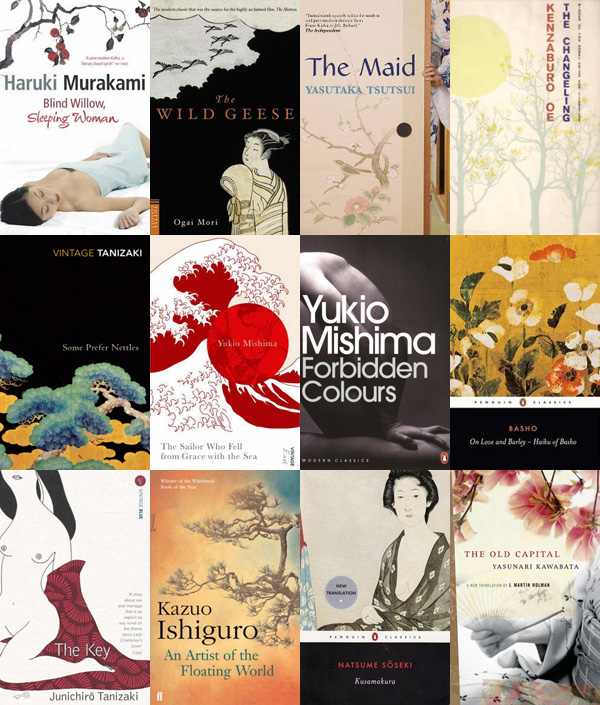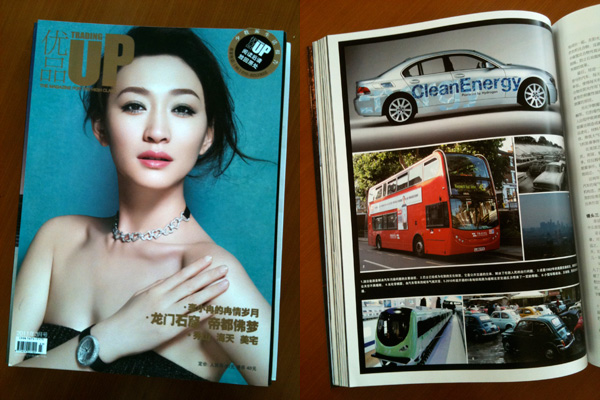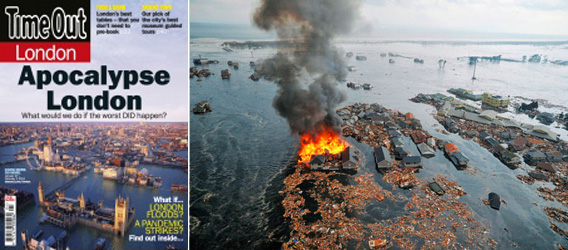
Strong feeling today that different streams of my life are flowing at different speeds (love, work, friends, career) and that navigating them all is a bit like Frogger.
Not sure I ever got past the first level, back in the day.
 Stopping at a service station off the E19 in Holland, on our way to see the tulips at Keukenhof, was astonished by the clear preference of Dutch motorists for Red Bull, which took up much of the drinks display. More than Coke.
Stopping at a service station off the E19 in Holland, on our way to see the tulips at Keukenhof, was astonished by the clear preference of Dutch motorists for Red Bull, which took up much of the drinks display. More than Coke.
‘Mistress England’ by Emmy the Great: “a lament for all the mothers who dreamed their daughters would marry Prince William”.
I’m increasingly in the habit of reading business books, but it does strike me that they resemble self-help books in more ways than they’d care to admit.
While at first glance they sell themselves on their hard-headedness, their possession of the Answers, the Way, in fact they’re astonishingly touchy-feely. Chapter after chapter that begins by promising to tell you HOW TO ends up by commiserating with you over the fact that actually you’re just an ink-stained clerk and there’s no way you’ll actually affect your work life in any way.
Still, though, we can dream – and this is where both types of book enter the same playground. Both paint big pictures of what you could be: the razor-sharp CEO in the penthouse office or the confident, well-adjusted individual whom everyone loves. Each poses ideal behaviours and thought processes for you to adopt to get there. Each aims to inspire rather than to guide.
At base, I suppose, both are there to provide support and morale for problems which you can’t solve by yourself and which you’re probably too embarrassed to talk to anyone about. Both, though, are ultimately useless if you don’t actually put any of their ideas into action. And both, by the very fact that they exist, reassure you that you are not alone, that others share your inabilities – but reassurance is the enemy of action.
Seeing a display of Japanese fiction in Waterstone’s suddenly brought it home to me how one-dimensional a vision presides of what Japanese culture is, at least in the British publishing industry. Countless book covers show the same images of submissive women and fragile blossoms, repeated in barely changing iterations. Sure, these images have their roots in Japanese visual arts, whether ukiyo-e or Araki, but there’s a distinct laziness at work here when it comes to looking past the visual stereotypes.

Am sure this happens with other national groupings of authors too. Next project: a national taxonomy of book covers?

Sitting in Pudong airport and flipping through Trading Up – “the magazine for the high class”, full of the latest luxury lifestyle advice for the country’s super-rich – I came across a picture of the 452 bus that carries me to the office most mornings. It’s understandable, with its calf-leather seats, automatic temperature control and built-in Bose stereo system. Good to know I’ve finally made it.

The front cover of Time Out London a few weeks ago showed a mock-up of an ‘apocalyptic’ London storey-deep in Thames floodwater. Lovely helicopter-aerial view, setting sunlight, floodwater as far as the horizon. And then along come early shots of the Tohoku tsunami: same aerial perspective, same angle of light (though this time from fire), same water destruction as far as the eye can see. But this is real, proven by one crucial difference: debris, the thousands of planks, files, cars, photo albums floating on top of the sea, clustering around the remaining structures. The tsunami replaced lives with the tiny objects acquired during them. After the flood, only our junk remains.
I can see some justification for the efficiencies of learned knowledge, of doing things based on what we have read in a book written by some absent person. But is there not far greater value in working things out for ourselves from principles we have acquired through our own hands and mouths?

A big anniversary year this year for some big brands. “Celebration” is clearly the obvious positioning to go with; closely followed by “looking backward, looking forward”.
by Ada Louise Huxtable
Factually complete but unsatisfying telling of Wright’s life. The book claims to want to draw apart actual fact from Wright’s constructed (read: fallacious) version of events, but ends up being little more than a resumé of other biographers’ accounts. Despite her claim to be objective, Huxtable is a constant apologist for and defender of Wright as a person and an architect. She too engages in Wright’s justification or “rationalization” of his actions, however questionable they may be. His motivations remain unclear, his architecture unconnected to what happened in his life. This lack of biographical clarity, combined with the lack of pictures of Wright’s buildings, leave the book feeling hollow and unrevealing.

